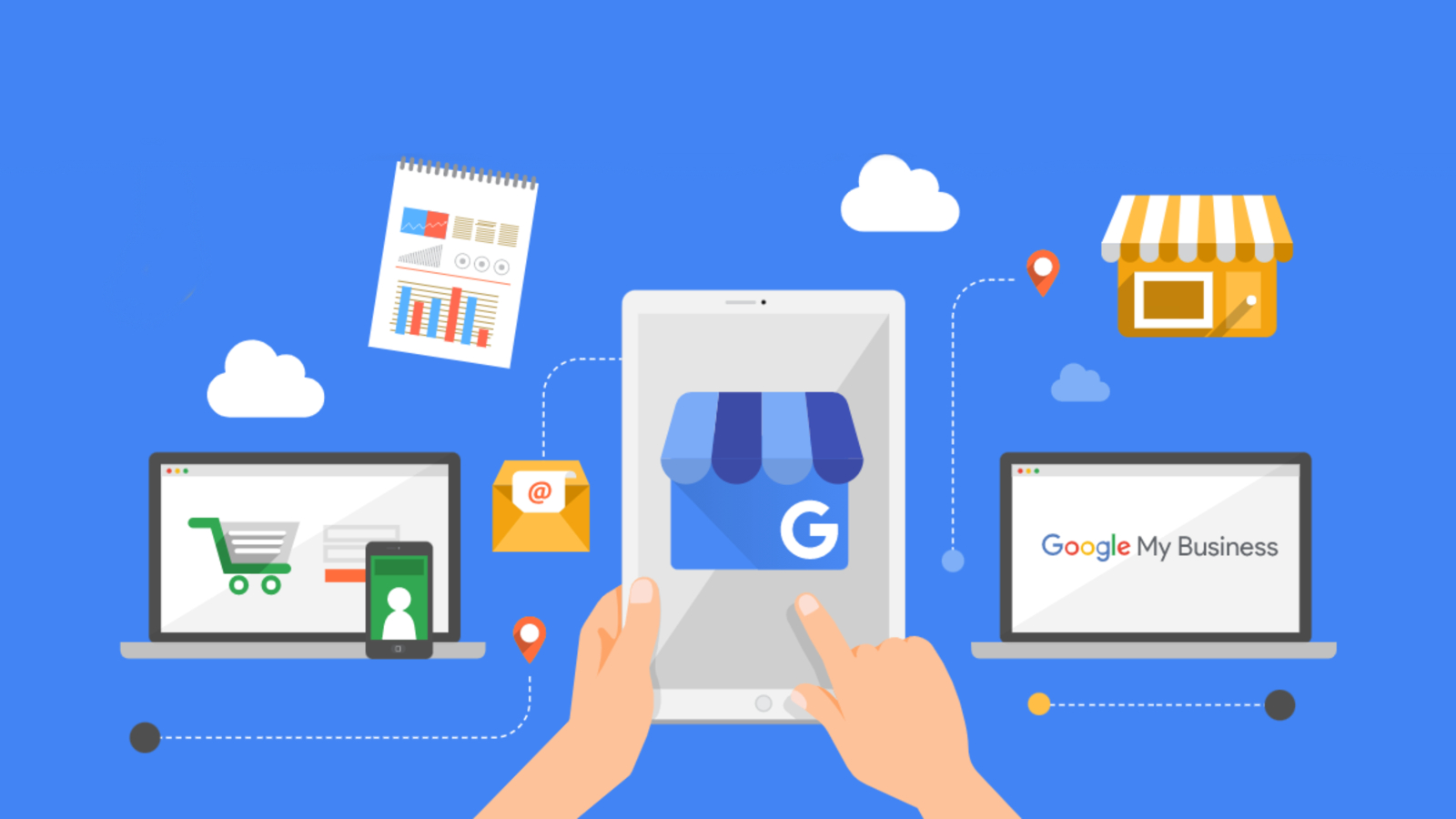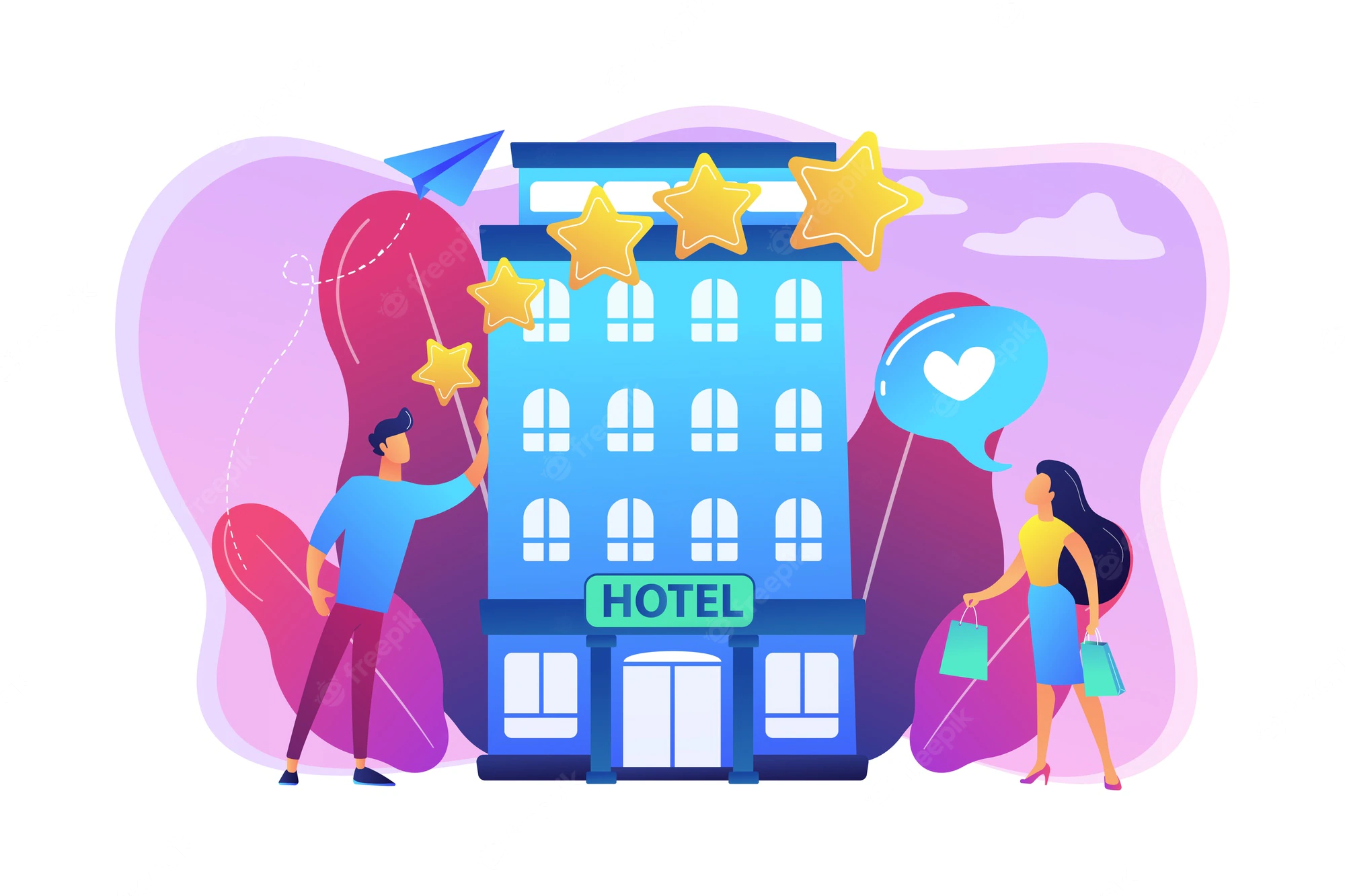With all things considered – email marketing, social media marketing, offline advertising and other marketing efforts – a website still stands head and shoulders above the rest as THE most important marketing tool you have at your disposal.
No matter how or where a prospect discovers that your business exists – a tweet, a blog post, an ad in the back of a newspaper – he or she will almost ALWAYS validate your business by looking up your website. And that is why you should be paying more attention to it, and how it fares in bringing in customers.
Some specific reasons why you should consider upgrading your website include:
1. Clients, of course!
Every business needs more clients, as clients mean sales. If you’ve ever wondered why you’re always running short on them – an unappealing website may be the reason.
Consider this analogy. You invest in a sleek-looking sign for your business’ bricks-and-mortar building. You put your logo on display, right on the facade – big, bold letters that draws the attention of everyone passing by. It gives your company great exposure and brand recognition. Now take that and increase the effects ten-fold. That is the impact a good website would make to your business.
Because, while a lot of people will see your sign, most of them won’t know what your business is, what you do, what you stand for… or even care! Your website on the other hand, will also get views, but specifically by people who are, for the most part, already interested in what you do. Even if a fraction of those people are potential clients, you’d be better off with a well-designed website than a huge sign on a building, when it comes to getting more clients.
2. Increasing client accessibility
Accessibility is a cornerstone of great customer service. For the customer, support is only ever useful if it is reachable in the first instance. This is what customer service accessibility is ultimately about; designing your customer service to be available to everyone, at any time.
Not only does a website help establish your brand and provide information about your products and services, it also allows your clients to connect with you and express their opinions and feedback. In recent years, the power hierarchy has shifted from the seller to the buyer, and it is necessary for you to know what your customers consider important.
An in-website forum can be a one-stop solution for your customers to communicate with you. You can also include direct communication links such as your email address and social media links to allow ease of accessibility.
3. First impressions count
Properly capturing and engaging website visitors starts with having a design that’s modern and appealing. It’s 2022, Arial, font size 11 on a white web page simply won’t cut it if you’re trying to increase web-directed sales or look appealing to others. Could it be time for you to give your outdated website an aesthetic overhaul?
Remember how we compared a website to a signboard? Both of them create first impressions of your business. And first impressions matter a lot! An ugly or bland looking sign won’t attract a lot of people and similarly, a poorly structured website that looks out-dated won’t leave a good mark on people either.
When it comes to creating a great website, you need to make sure that the design suits your brand personality, that the content powerfully promotes your business, and that the structure is excellent. Choosing a colour palette that suits your brand is essential, as are the words you use, and the user journey experience. All these things need to be well thought out, to achieve a great website, which will work for you.
4. Legitimacy
Other than getting found and creating a great first impression that lasts, your website also legitimises your existence in the market. No business is ever without its competitors and these days, a competitor with a better website than yours will most definitely present as being more in-tune with the modern business world.
Whether that happens to be true or not is often irrelevant – what does matter, is the lasting impression of your business that your website gives to potential customers. Remember, in the eyes of the majority of people, a great website = a great brand.
5. Search-engine optimisation
When searching for information on the internet, most people are likely to stop at the first page of search engines results. The reason is that most people hardly ever go to the next page of search results even though there are hundreds of them. The majority of websites therefore, need to appear on the first page of Google, which has made SEO an essential topic.
SEO, or search-engine optimisation is the factor that determines how much traffic (or clicks) your website receives. In simple words, it is the practice of optimising your web pages to rank higher on search engine results pages than your competitors. It makes your website more visible, which in turn means more traffic and more opportunities to convert visitors into customers. There are numerous ways by which your website can be optimised, such as increasing page speed, being mobile friendly, having a good use of relevant keywords, having high quality backlinks, keeping an up-to-date Google page, having active social media, and more! Good SEO takes a holistic approach, focussing on many things and therefore takes a lot of work, and time. But the results can be worth their weight in gold!
In essence, websites are how people find you and find out what you offer, so it’s vital that yours is up to date and represents your business properly. More and more people are researching products and services online than ever before. Phone books have died out. So have newspapers. TV is struggling. The Internet has taken over.
Having a great website will increase your customers. Having a bad website will put potential customers off.
Is it time you upgraded yours? If you’re not sure what to do, or how to get started, check out our website redesign service.







